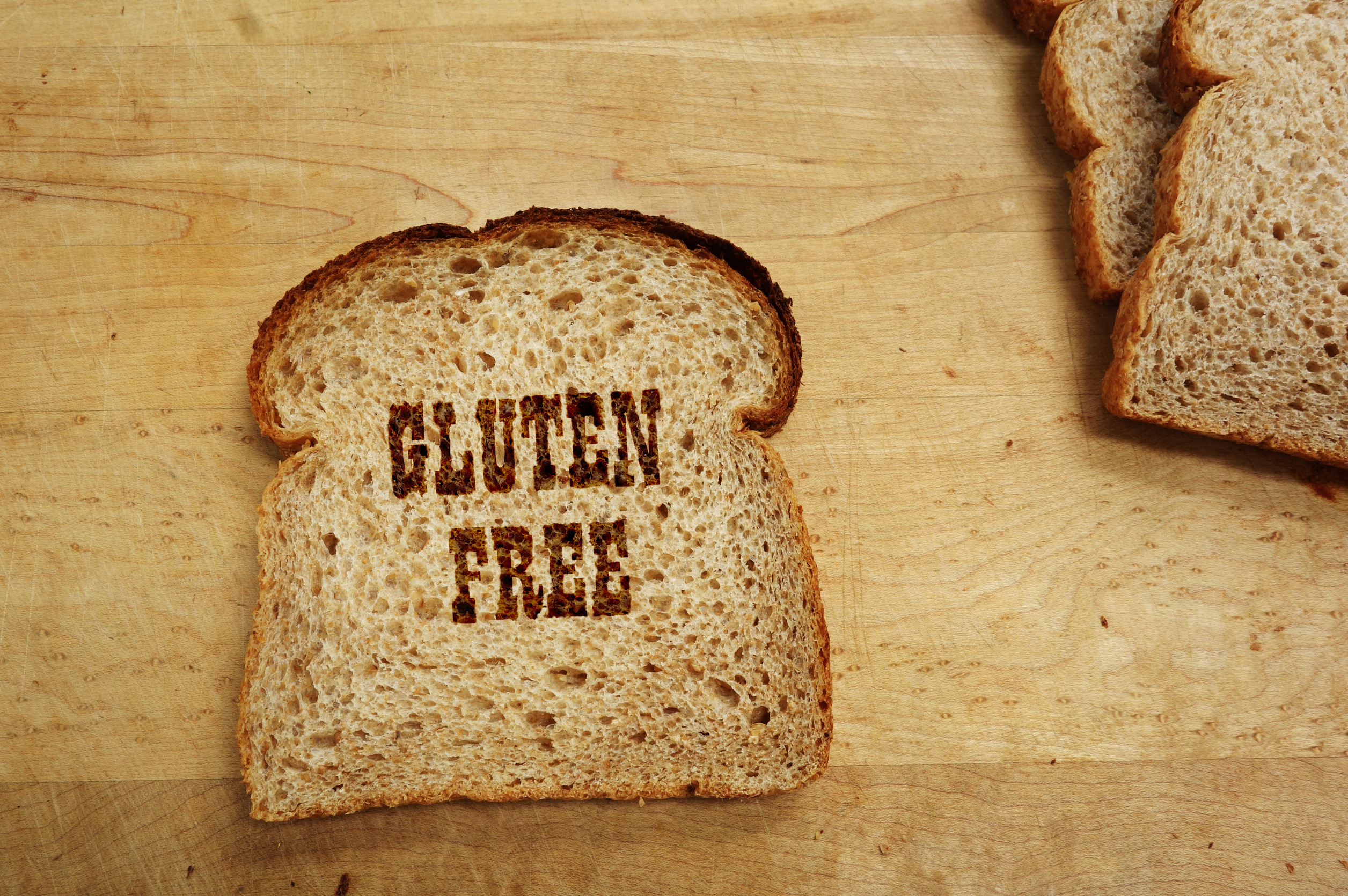In recent years, the gluten-free diet has surged in popularity, with many touting it as a path to better health, weight loss, and increased energy. Supermarket shelves are now lined with gluten-free alternatives, and restaurants proudly offer gluten-free menus. But is this dietary shift necessary—or even beneficial—for everyone? Let’s delve into the facts to determine who truly needs to avoid gluten and who might be better off keeping it on their plate.
Understanding Gluten and Its Role

Gluten is a protein found in wheat, barley, and rye, giving bread its chewy texture and acting as a binding agent in various foods. It’s present in many staples like pasta, cereals, and baked goods. For most people, gluten is harmless and a regular part of their diet. However, for individuals with certain medical conditions, consuming gluten can lead to serious health issues. Understanding gluten’s role is the first step in discerning whether a gluten-free diet is appropriate for you.
Who Must Avoid Gluten?
A gluten-free diet is essential for individuals with celiac disease, an autoimmune disorder where gluten triggers an immune response damaging the small intestine. Symptoms can range from digestive issues to fatigue and joint pain. Another group includes those with non-celiac gluten sensitivity (NCGS), who experience similar symptoms without the intestinal damage. Additionally, people with wheat allergies must avoid wheat-containing products, though they may tolerate gluten from other sources. For these individuals, eliminating gluten is not a choice but a medical necessity.
The Allure of Going Gluten-Free
Many adopt a gluten-free diet believing it will lead to weight loss, increased energy, or improved digestion. Some report feeling better after eliminating gluten, attributing it to the absence of the protein. However, these benefits often stem from cutting out processed foods, not gluten itself. By removing items like pastries and refined carbs, individuals inadvertently adopt a healthier diet. Thus, the perceived benefits may not be directly linked to gluten elimination.
Potential Nutritional Pitfalls
Eliminating gluten without medical necessity can lead to nutritional deficiencies. Many gluten-containing products are fortified with essential nutrients like iron, B vitamins, and fiber. Gluten-free alternatives often lack these nutrients and may be higher in sugars and fats. This imbalance can result in issues like constipation, weight gain, and nutrient shortages. Therefore, it’s crucial to ensure a balanced diet when going gluten-free.
The Importance of Proper Diagnosis
Before eliminating gluten, it’s vital to consult with a healthcare professional. Self-diagnosing and altering your diet can complicate the detection of conditions like celiac disease. Accurate diagnosis often requires consuming gluten to observe reactions and conduct tests. Removing gluten prematurely can lead to false negatives, delaying appropriate treatment. Always seek medical advice before making significant dietary changes.
Social and Economic Considerations
Adopting a gluten-free diet can impact social interactions and finances. Dining out or attending social gatherings may become challenging due to limited gluten-free options. Additionally, gluten-free products often come at a higher cost, increasing grocery bills. These factors can add stress and inconvenience, especially if the diet isn’t medically required. It’s essential to weigh these considerations before making the switch.
Making Informed Dietary Choices

If you’re considering a gluten-free diet, focus on whole, naturally gluten-free foods like fruits, vegetables, lean proteins, and certain grains like quinoa and rice. Be cautious of processed gluten-free products, which may be less nutritious. Ensure you’re getting adequate fiber, vitamins, and minerals to maintain overall health. Consulting with a registered dietitian can provide personalized guidance. Making informed choices ensures your diet supports your health goals.
The Bottom Line: Is Gluten-Free Right for You?
While a gluten-free diet is crucial for those with specific medical conditions, it’s not inherently healthier for the general population. Unnecessary elimination of gluten can lead to nutritional deficiencies and other health issues. Before making dietary changes, consult with healthcare professionals to assess your individual needs. Remember, balance and moderation are key to a healthy diet. Making informed decisions ensures your dietary choices support your overall well-being.
Have you tried a gluten-free diet? Share your experiences and thoughts in the comments below!
Read More
7 Great Brands For People That Can Only Eat Gluten Free Foods
7 Gluten-Free Products That Are Surprisingly Unhealthy
The post Should Everyone Be Gluten-Free? Here’s the Truth About the Diet Trend appeared first on Grocery Coupon Guide.







